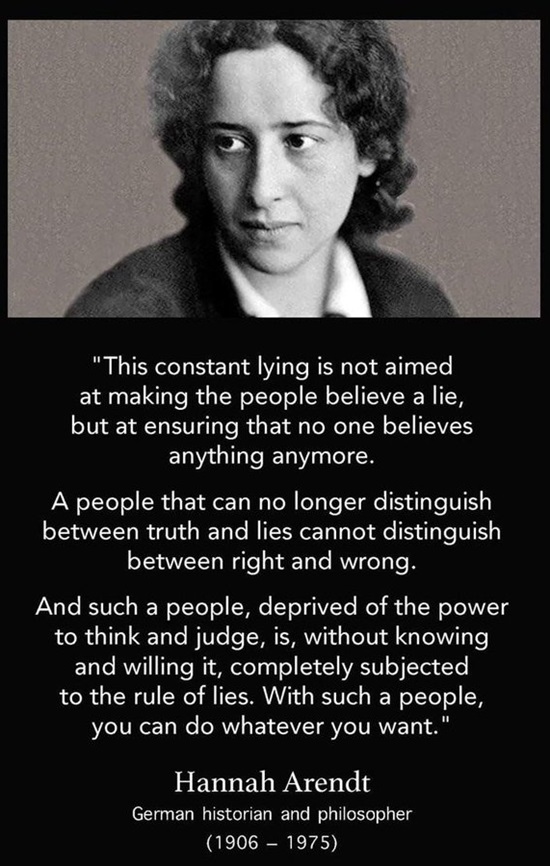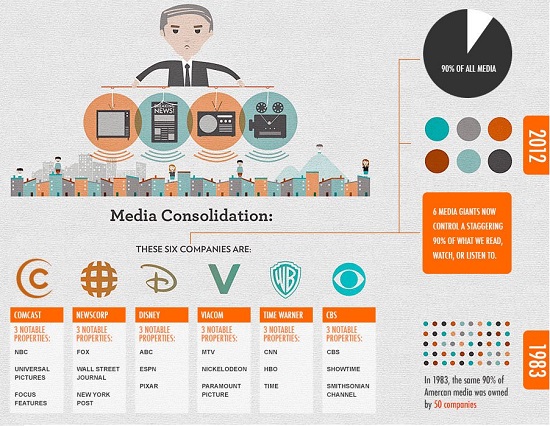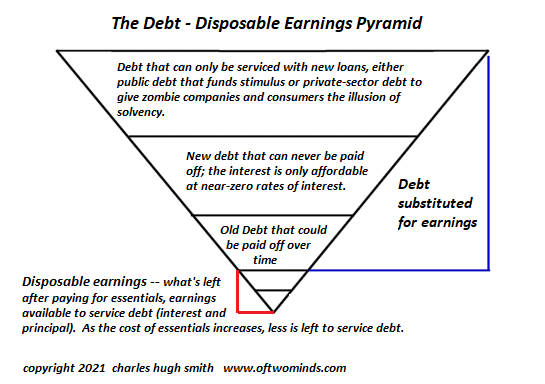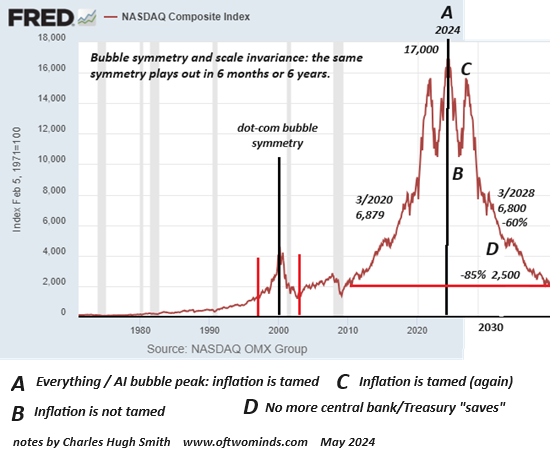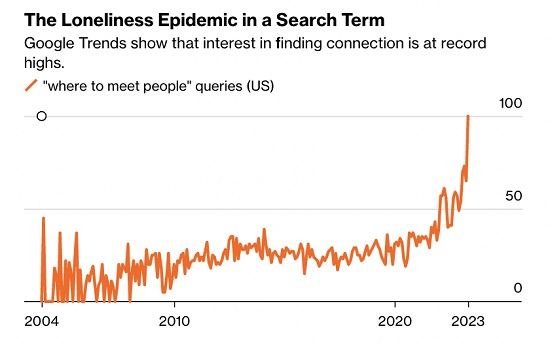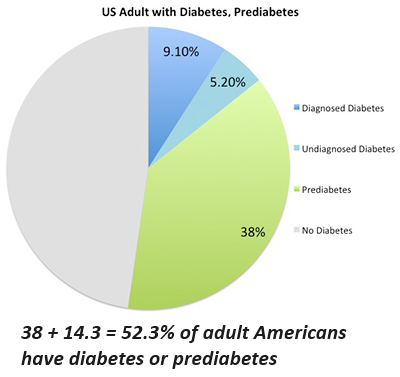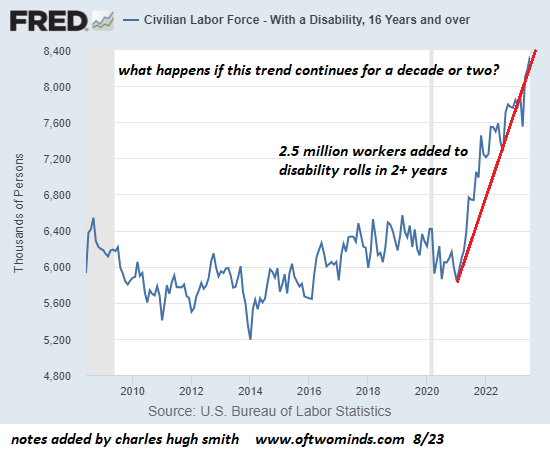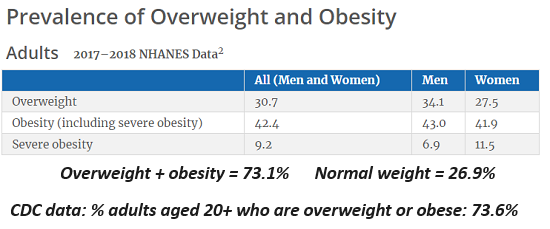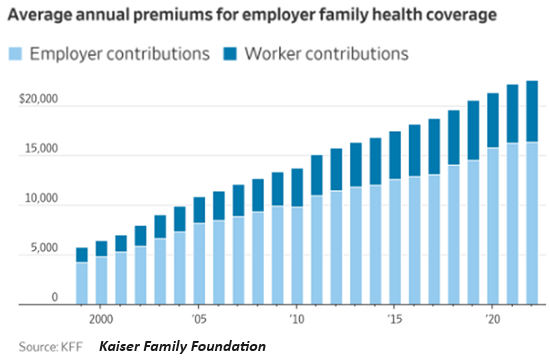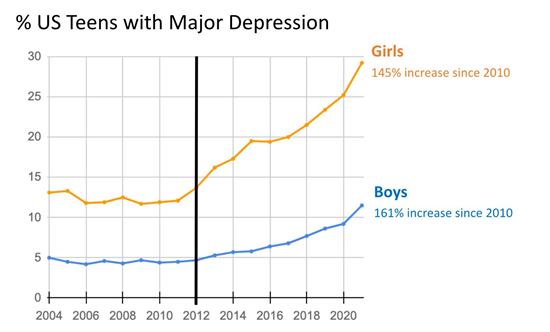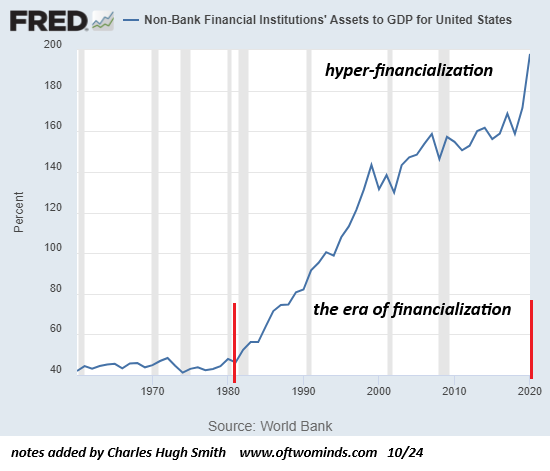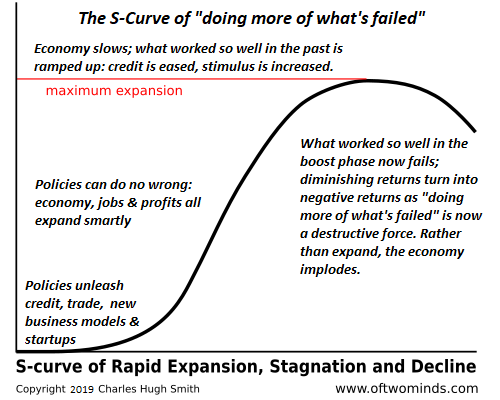Is Social Media Actually "Media," Or Is It Something Else?
By placing search/social media in the bucket of newspapers, radio and TV networks, perhaps we've obscured their true nature as "Digital Marketing Mechanisms."
Language is a funny thing. If we don't have a word for something, in some way it doesn't exist. When we find a word in another language that describes this something, we borrow the word, for example schadenfreude from German and tsunami from Japanese.
If we use an existing word to describe something novel, we may mis-categorize it, in effect obscuring its true nature. For example, calling a whale a "fish" makes a certain kind of sense (an animal that lives in the sea), but it doesn't capture the fact that the whale is a mammal, not a fish.
Which brings us to social media, and the possibility that it isn't actually "media" at all, and we've obscured its true nature by mis-categorizing it as "media." This distinction isn't merely academic; it has significant real-world consequences.
Let's begin with the "media" that existed when the the US Constitution was drafted and ratified. "Media" wasn't a word in usage at the time, and what we understand today as "media" was understood as "the printed word" in newspapers, flyers, posters, periodicals and books. This is the origin of the Constitution's focus on "free speech" and the "free press": Congress shall make no law abridging the freedom of speech, or of the press.
The two concepts are intimately bound. Free speech includes public gatherings and oratory as well as all printed words, but the printed word attracts most of the legal wrangling around the meaning and limits of "free speech," a topic I explored in
A Contrarian Clarification of "Free Speech".
The point of my post was that the constitutional definition focused on the government's restriction of free speech, not the private suppression or censorship of "free speech." As I explained, a private enterprise such as a newspaper is not obligated to provide a platform for everyone who wishes to exercise their "right to free speech." The newspaper can print whatever "letters to the editor" or "commentary" its owners / managers choose.
Now we have many other forms of media: radio, films, television and now the Internet, with its vast array of "printed" word, audio and video content.
In what we might call traditional media, the owners / managers publish / post content generated by their staff or other professional content creators: journalists, talk-show hosts, filmmakers, etc.
Social media is something different: all its content is created by its users. Yes, social media platforms have news feeds from traditional media, but this is a sideline to their core model, which is in effect a global message board that is open to any registered user. Unlike a Web1.0 message board / forum, whose audience was limited to the membership of the board / forum, social media platforms offer each user who posts content a potentially global audience.
The potential to build an audience of hundreds, thousands or even millions is addictively attractive, and so social media platforms (and their cousin, search) have billions of users.
This is novel. Is it "media" or is it something else? As I noted in my previous post, "free speech" is muddied when it comes to search and social media, as the government is limited by the Constitution in its capacity to restrict what's posted on social media, but there are few (if any) Constitutional restrictions on what private enterprises can restrict on their media outlets / platforms / search results.
Next, let's consider the revenues and data collection of traditional media and social media. Traditional media was limited to display ads in print, and the equivalent broadcast ads on radio and TV. These forms of media did not have the capacity/tools to collect reams of data on every user, and then use this data to sell adverts that target specific audiences--for example, surfers who have traveled to Southeast Asia to surf.
The resort on the beach in Indonesia will have far better results from adverts targeting surfers who have already demonstrated a willingness and ability to travel to Southeast Asia to surf compared to a broadcast advert that may theoretically reach a million people, of whom only a tiny percentage will be a target audience for the resort. The resort's marketing will pay a hefty premium for this data-rich targeted advert capability.
Search is also novel. Is it "media" or something else? Search engines purport to crawl the entire Web and present the most relevant answers / results to one's query. But this too is a data-collection revenue-creation mechanism, for the auctioning of search results--pay the search company money, and your product / service will be placed at the top of the search results--is lucrative.
This ability to target the audience based on detailed data collected on their web activity increases the value of the resulting advertising greatly. Consider the scale of digital adverts: the top three US corporations (Alphabet/Google, Meta/Facebook and Amazon) collect $320 billion in digital advertising revenues:
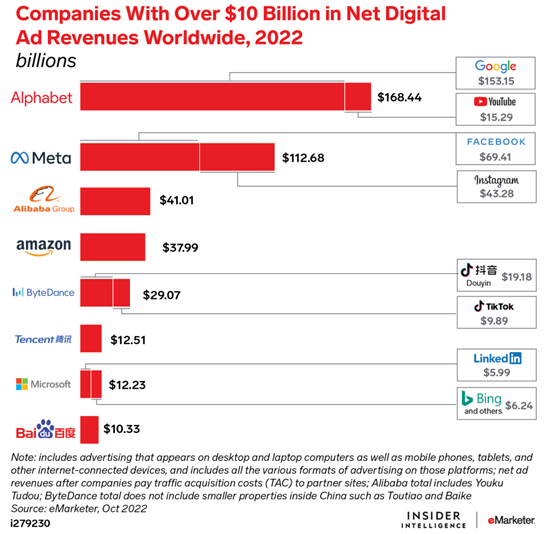
Compare this to traditional-media newspaper revenues: circulation revenue is about $11 billion and newspaper adverts, print and digital, total around $5 billion, for a total of $16 billion, roughly 5% of search/social media advert revenue.
Search/social media is free to users, but this "free access" is in effect a trade for the user data that generates a third of a trillion dollars in revenue. This "trade" also seems novel, both in form and in scale.
Would it be more accurate to describe search/social media platforms as Marketing Mechanisms that solicit user-created search/content to generate revenues rather than as "media" platforms?
The distinction is critical, for "free speech" is not a blanket carte blanche for marketing. If we remove search/social media from the category of "media" and create a new category Digital Marketing Mechanisms (DMM), then this new category necessarily requires a new regulatory structure and very different legal interpretations and protections of "free speech."
As we all know, it's very tempting for governments to "request" (or require) private-sector search/social media platforms restrict what's visible to the public to "approved" information. If a private-sector company restricts what it publishes at the "request" of the state, where are the Constitutional limits on state censorship? It seems they've been skirted by this "cooperation" of public / private power.
By placing search/social media in the bucket of newspapers, radio and TV networks, perhaps we've obscured their true nature as Digital Marketing Mechanisms, novel, complex devices more like a digital Antikythera Mechanism than an inert printed page protected as "free press."
My recent books:
Disclosure: As an Amazon Associate I earn from qualifying purchases originated via links to Amazon products on this site.
The Mythology of Progress, Anti-Progress and a Mythology for the 21st Century print $18, (Kindle $8.95, Hardcover $24 (215 pages, 2024) Read the Introduction and first chapter for free (PDF)
Self-Reliance in the 21st Century print $18, (Kindle $8.95, audiobook $13.08 (96 pages, 2022) Read the first chapter for free (PDF)
The Asian Heroine Who Seduced Me (Novel) print $10.95, Kindle $6.95 Read an excerpt for free (PDF)
When You Can't Go On: Burnout, Reckoning and Renewal $18 print, $8.95 Kindle ebook; audiobook Read the first section for free (PDF)
Global Crisis, National Renewal: A (Revolutionary) Grand Strategy for the United States (Kindle $9.95, print $24, audiobook) Read Chapter One for free (PDF).
A Hacker's Teleology: Sharing the Wealth of Our Shrinking Planet (Kindle $8.95, print $20, audiobook $17.46) Read the first section for free (PDF).
Will You Be Richer or Poorer?: Profit, Power, and AI in a Traumatized World
(Kindle $5, print $10, audiobook) Read the first section for free (PDF).
The Adventures of the Consulting Philosopher: The Disappearance of Drake (Novel) $4.95 Kindle, $10.95 print); read the first chapters for free (PDF)
Money and Work Unchained $6.95 Kindle, $15 print) Read the first section for free
Become a $3/month patron of my work via patreon.com.
Subscribe to my Substack for free
NOTE: Contributions/subscriptions are acknowledged in the order received. Your name and email remain confidential and will not be given to any other individual, company or agency.
|
Thank you, Bob O. ($200), for your beyond-outrageously generous subscription to this site -- I am greatly honored by your steadfast support and readership. |
Thank you, Joe ($3/month), for your most generous patronage to this site -- I am greatly honored by your support and readership. |
|
|
Thank you, Alex C. ($7/month), for your marvelously generous subscription to this site -- I am greatly honored by your support and readership. |
Thank you, Deborah R. ($32.40), for your splendidly generous patronage to this site -- I am greatly honored by your support and readership. |



















